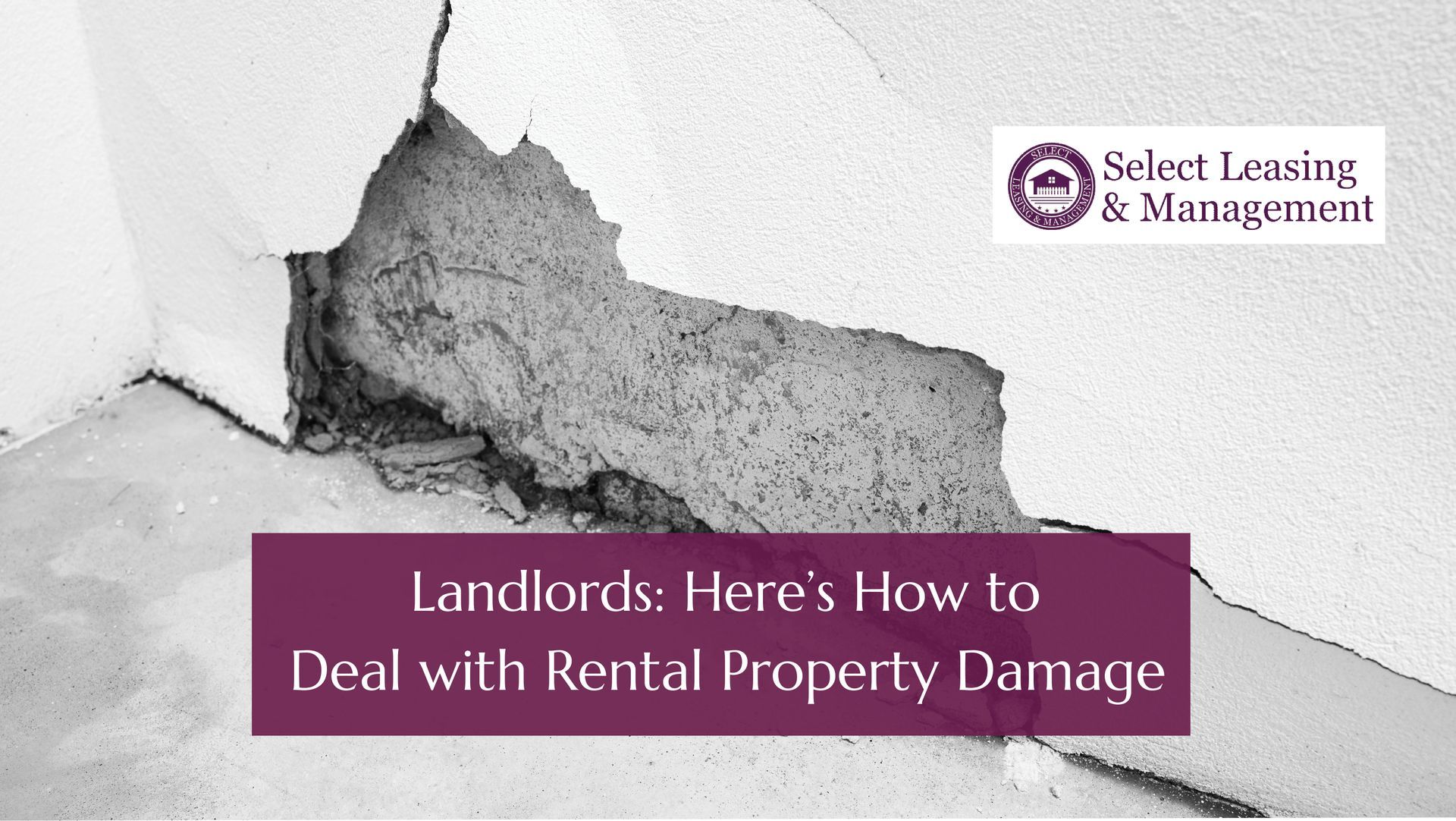What Rights Do Tenants have Without a Lease?

While most renters are used to signing a lease, there is no law that says a landlord is obligated to use one. And for a variety of reasons, many people pay to live somewhere without the benefit of any kind of written document.
But just because there isn’t a binding contract spelling out rights and responsibilities, doesn’t mean there aren’t any rules. A landlord and tenant without a lease still have some protections.
How the Law Views Renting Without a Lease
Anyone who pays to occupy a dwelling where they are not the owner is a tenant in the eyes of the law. A tenant without a lease is known as a tenant-at-will. Instead of writing up a rental agreement or lease which is a legal document, the tenant and landlord have an implied lease. This is a verbal agreement that may include the amount of rent, when it’s due, who will be responsible for paying utilities, and any other conditions the two parties decide on.
Common situations when an owner of a property might choose not to use a lease include allowing a friend or family member to move in or getting a roommate. Someone may also become a tenant-at-will if their landlord lets a written lease end without renewing it, or if a written lease is so poorly written that it will not stand up in court.
With an implied lease, landlords and tenants have the same rules and protections as if they had a written month-to-month contract (or week-to-week if that is how rent is paid). State and local laws determine those rights and obligations. So, the rights of tenants in Missourior Illinois might be different than in other states.
Essential Rights of Tenants
All tenants who pay rent, whether they have a lease or not, are entitled to certain protections under the law, no matter where they live.
Rental properties must:
- be a safe and habitable environment
- provide access to necessary services such as water, heat, and electricity
- comply with all state and local health and building codes
- respect tenants’ right to privacy
Anything beyond these basic requirements is typically documented in a lease agreement, for example outlining pet or smoking policies, or providing renters with a parking spot, laundry facilities, etc. These things may apply to a tenant without a lease too, but it is based only on a verbal promise. So, if the landlord decides to suddenly ban pets or take away a tenant’s parking spot, the tenant has no recourse since it was never put in writing.
Some rules, like occupancy limits, might be determined by local ordinances. Both the landlord and tenant will need to follow these laws, regardless of any agreement they may make between them.

Raising Rent
Having a lease locks tenants into their rental amount for the duration of the lease—usually a full year. Since an implied lease is the same as a month-to-month contract, a landlord can raise rent at any time, with only 30 days notice. If there is an agreement to pay rent weekly, only seven days’ notice is required.
Neither Illinois or Missori have a cap or limit on the amount a landlord can raise rent. This is true both with and without a lease.
Security Deposits
A tenant without a lease may still need to pay a security deposit. There is no limit to the amount a landlord can charge in Illinois, but in Missouri no more than twice the monthly rent amount is allowed.
Refunding a security department when a tenant moves out follows the same rules as most leases: the money should be returned within 30 days. The landlord can keep a portion of the deposit to cover unpaid rent, damages, or cleaning, but they must provide a detailed explanation of the reasons. If a tenant-at-will disputes the landlord’s deductions, they can take them to small claims court to seek full compensation, even when there is no lease.
Privacy Rights of Tenants
It is the right of tenants in Missouri and Illinois to get 24 hours notice before a landlord or maintenance worker enters their rental unit. The lack of a lease does not give a landlord the right to barge in on a tenant. The only exception is in the event of an emergency. Even suspicion of illegal activity is not a good reason to enter a dwelling without permission and notice. Those situations should be referred to law enforcement to handle.
Harassment or discrimination of any kind is illegal too, whether it is backed up with a legal document or not.
Can You Evict a Tenant Without a Lease?
Just like rent increases, landlords must give tenants-at-will 30 days notice when they want them to move out. They do not have to provide a reason for wanting to end the implied lease agreement. Tenants are also expected to give 30 days notice if they decide to leave.
If a renter refuses to leave after being informed that they must move out, the landlord can begin the eviction process. The rights of the tenant include getting written notice and a court hearing.
Other valid reasons for an eviction, with or without a lease, are failure to pay rent, damaging the property, creating disturbances, creating a health hazard, or engaging in illegal behavior.
Landlord Protections—With or Without a Lease
A verbal agreement between landlord and tenant is enough to give both parties some protection. But having a good lease is still preferred. When all rules and expectations are explained thoroughly and in writing, there is less chance of disagreements and disputes.
For landlords choosing to go the tenant-at-will route, there are some additional things that can safeguard the property and their investment. Maintaining accurate records of all rent payments received, invoices for all repairs completed, and copies of written notices will be helpful if a tenant makes accusations that landlord-tenant laws were broken.
In addition to using a written lease, many landlords find hiring a property management company to be helpful. Property managers act on behalf of the landlord and are a great resource for tenant questions and leasing issues.
If you would like to learn more about leases, tenant relations, and how property management companies can help, contact Select Leasing & Management today.
Share this post










